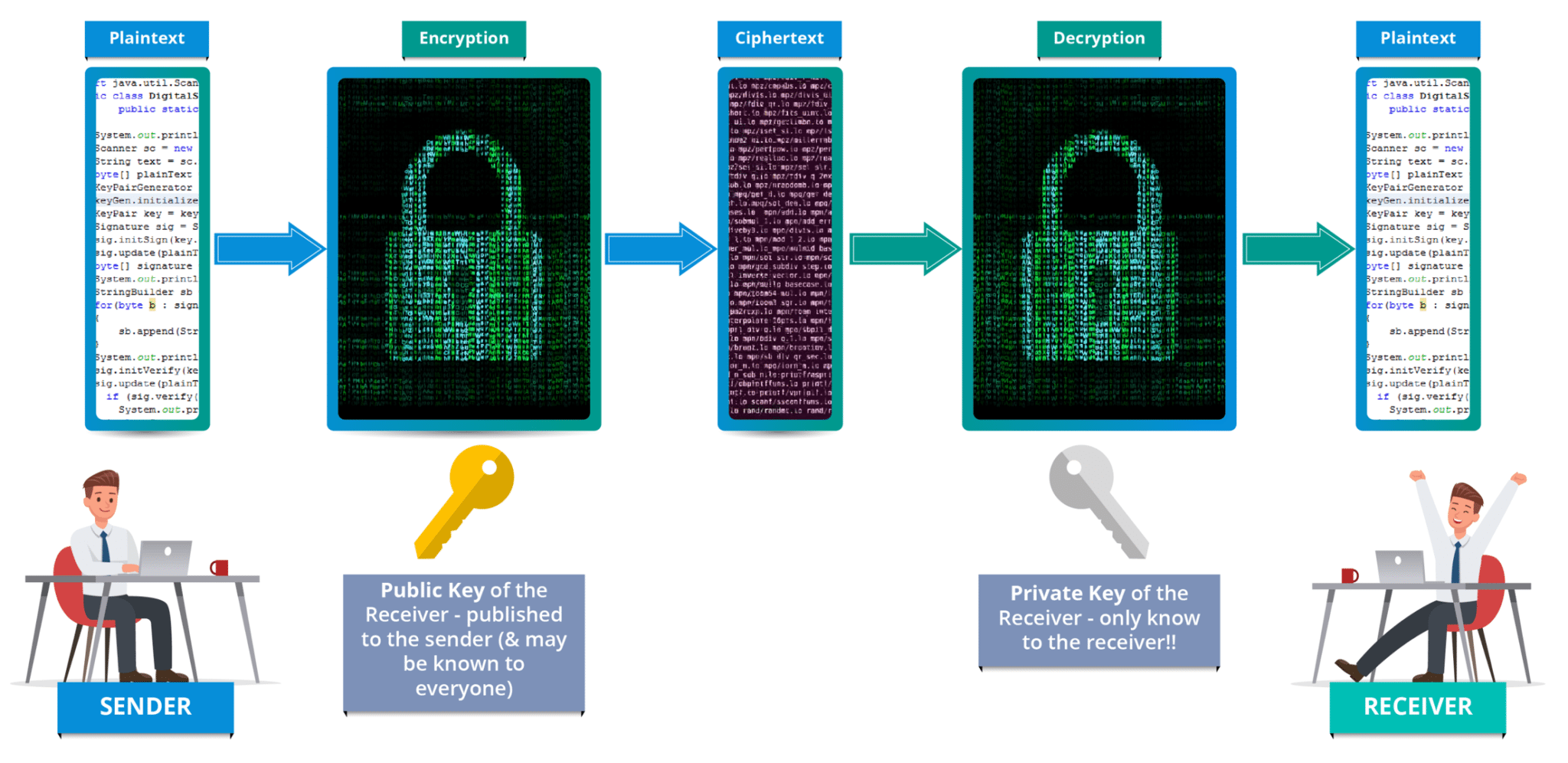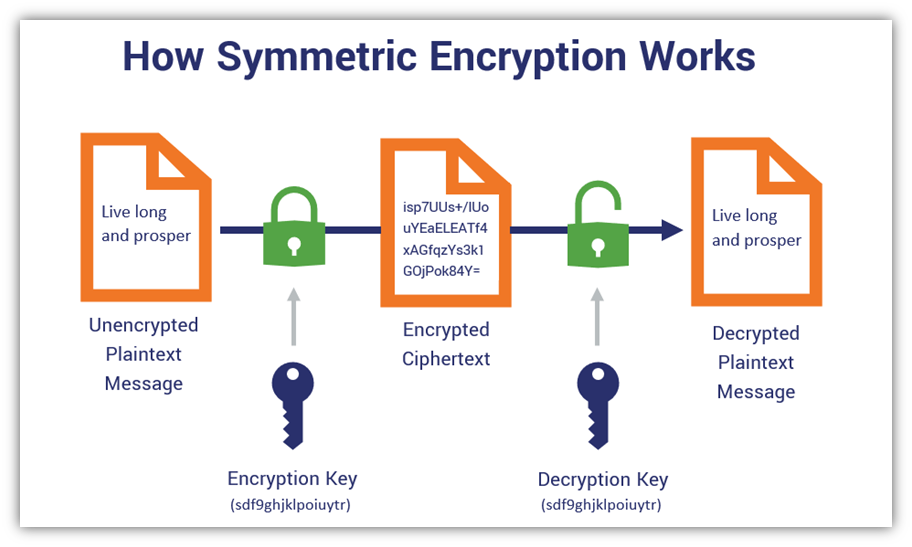Cryptography has been at the heart of secure communication for centuries, evolving from simple substitution ciphers to highly complex mathematical models used in modern digital systems. In today’s interconnected world, learning about encryption and decryption is essential for students, researchers, and professionals alike. With the growing demand for cybersecurity expertise, many people turn to cryptography algorithms read online to understand the principles of data security.
The ability to access free PDFs, digital books, and research papers online has transformed the way learners engage with cryptography. From understanding the basics of what is cryptography to exploring advanced concepts like quantum cryptography and lattice-based methods, online resources make it easier than ever to build expertise. Cryptography algorithms read online offer a wealth of knowledge, helping individuals understand both the theoretical foundations and practical applications of securing information in the digital age.
Understanding Cryptography and Its Types
At its core, cryptography is defined as the science of securing communication by converting information into an unreadable format that only authorized users can decode. This cryptography meaning highlights its role in protecting sensitive data such as financial transactions, personal messages, and classified government information. By studying cryptography algorithms read online, learners gain access to both beginner-friendly explanations and highly technical breakdowns of encryption methods.
There are several main categories of cryptography. Symmetric cryptography uses the same key for both encryption and decryption, making it fast but vulnerable to key distribution problems. Asymmetric cryptography, also known as public key cryptography, uses a pair of keys—one public and one private—for more secure communication. Meanwhile, advanced areas like elliptic curve cryptography (ECC), lattice-based cryptography, and post-quantum cryptography prepare systems for future threats, particularly from quantum computing. All these approaches are well-covered in cryptography algorithms read online, offering learners a comprehensive view of the field.
Cryptography Algorithms in Practice
The history of cryptography is marked by classical algorithms such as the Caesar cipher, which substituted letters to conceal messages. While outdated by modern standards, these techniques laid the foundation for current practices. Today, when you access cryptography algorithms read online, you find extensive coverage of modern encryption techniques like RSA cryptography, AES (Advanced Encryption Standard), and elliptic curve cryptography. These algorithms form the backbone of secure online communication and e-commerce.
Modern cryptography also heavily relies on programming. Python cryptography libraries, for instance, allow learners and professionals to implement algorithms with ease. Tutorials and open-source projects found through cryptography algorithms read online provide hands-on experience in coding RSA, symmetric encryption, and ECC. This blend of theory and practice equips learners with practical skills they can apply in cybersecurity careers, academic projects, and research-based roles.
Applications of Cryptography in Real Life

Cryptography impacts nearly every digital interaction today. Each time you send an email, log into a secure website, or conduct a banking transaction, cryptographic methods are safeguarding your data. By studying cryptography algorithms read online, learners can better understand how symmetric and asymmetric cryptography ensure secure exchanges, while access control mechanisms regulate who can view or modify information.
Beyond personal communication, cryptography is essential in advanced technologies. Blockchain, the backbone of cryptocurrencies, depends on cryptographic methods for security and integrity. Post-quantum cryptography research is preparing systems for the era of quantum computers, which could break current encryption. From cloud security to artificial intelligence applications, cryptography remains critical. By reading cryptography algorithms online, individuals see how mathematical theories translate into real-world security solutions.
Learning Cryptography Online for Free
One of the greatest benefits of modern education is the ability to access high-quality learning materials online. Students and professionals can now explore cryptography algorithms read online through free PDF books, lecture notes, and digital libraries. These resources often include foundational knowledge about what is cryptography, detailed discussions of asymmetric cryptography, and even advanced materials on lattice-based and post-quantum cryptography.
Online learning is not limited to books. Interactive tutorials, video lectures, and university courses provide step-by-step explanations of algorithms and their implementations. Platforms offering Python cryptography training allow learners to practice coding encryption methods. Competitions such as the Alan Turing cryptography competition also give students opportunities to test their problem-solving abilities. By combining free resources with structured learning, anyone can develop strong skills in cryptography and network security.
The Future of Cryptography Algorithms
The field of cryptography is continuously evolving to meet new challenges in data protection. While RSA cryptography and ECC remain dominant, researchers are increasingly focusing on quantum-resistant methods. Post-quantum cryptography seeks to create algorithms that even powerful quantum computers cannot easily break. Learners who read cryptography algorithms online are better positioned to understand and contribute to these developments.
This rapid advancement also brings new opportunities in the job market. Cryptography jobs are in high demand, with organizations seeking experts in asymmetric cryptography, quantum-resistant cryptography, and access control systems. Cybersecurity professionals who regularly update their knowledge through cryptography algorithms read online are better prepared for these roles. As technology progresses, the ability to adapt and learn online will continue to be a valuable asset.
Conclusion
Cryptography remains one of the most important areas of study for ensuring privacy, security, and trust in the digital world. From classical methods to quantum-resistant encryption, the field has grown into a complex but fascinating discipline. Exploring cryptography algorithms read online provides learners with the flexibility to study at their own pace, access free resources, and gain practical coding experience.
For students, researchers, and professionals, these resources open doors to academic growth, career opportunities, and deeper knowledge of cybersecurity. As digital threats grow and technology advances, learning through cryptography algorithms read online is not just convenient—it is essential for building a secure future in our increasingly connected world.
FAQs on Cryptography Algorithms Read Online
What is cryptography in simple terms?
Cryptography is the process of securing information by converting it into unreadable text that only authorized users can decode.
Which is better, symmetric or asymmetric cryptography?
Symmetric cryptography is faster, but asymmetric cryptography provides stronger key distribution, making both valuable depending on the application.
What is elliptic curve cryptography used for?
ECC provides strong security with smaller keys, making it widely used in mobile devices, digital signatures, and secure messaging.
Why is post-quantum cryptography important?
Post-quantum cryptography ensures future-proof security by resisting attacks from quantum computers, which could potentially break traditional encryption.
Can I learn cryptography online for free?
Yes, you can access cryptography algorithms read online via free PDFs, tutorials, academic journals, and online courses that cover both basics and advanced topics.
You may also read: Randleman Middle School Reviews – Ratings, Rankings & Parent Feedback (2025)

